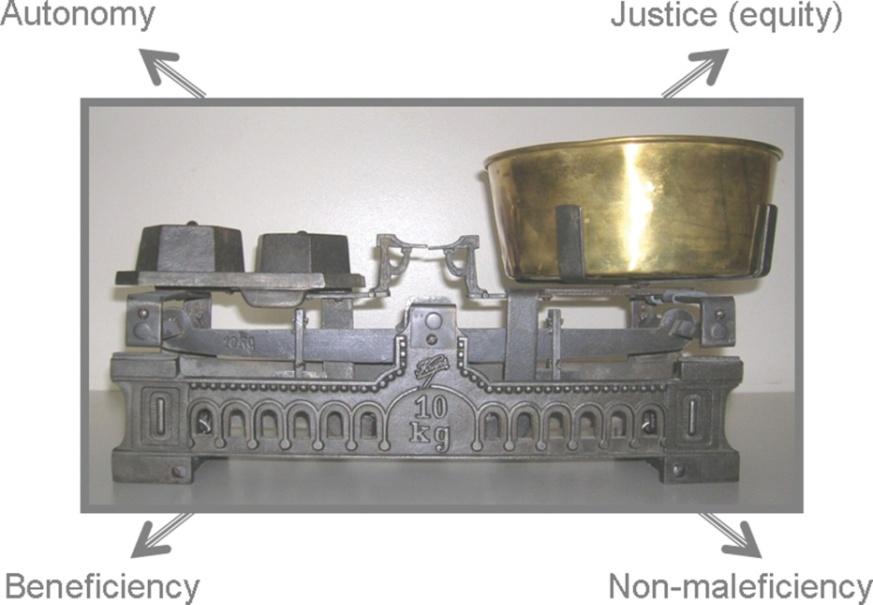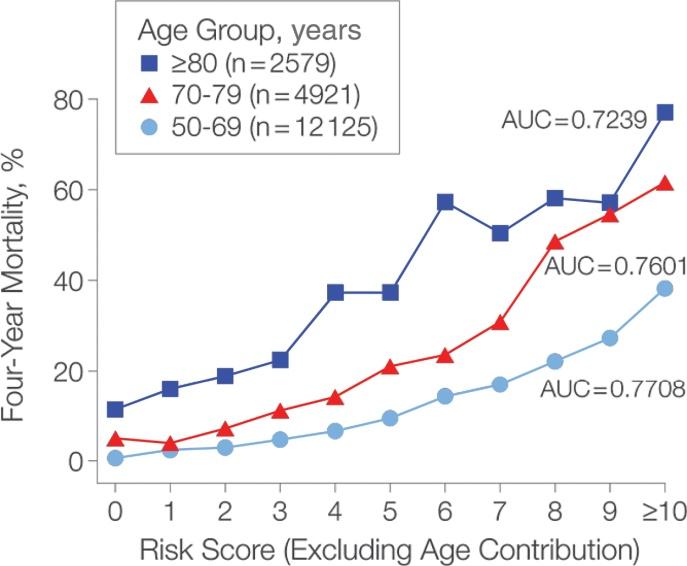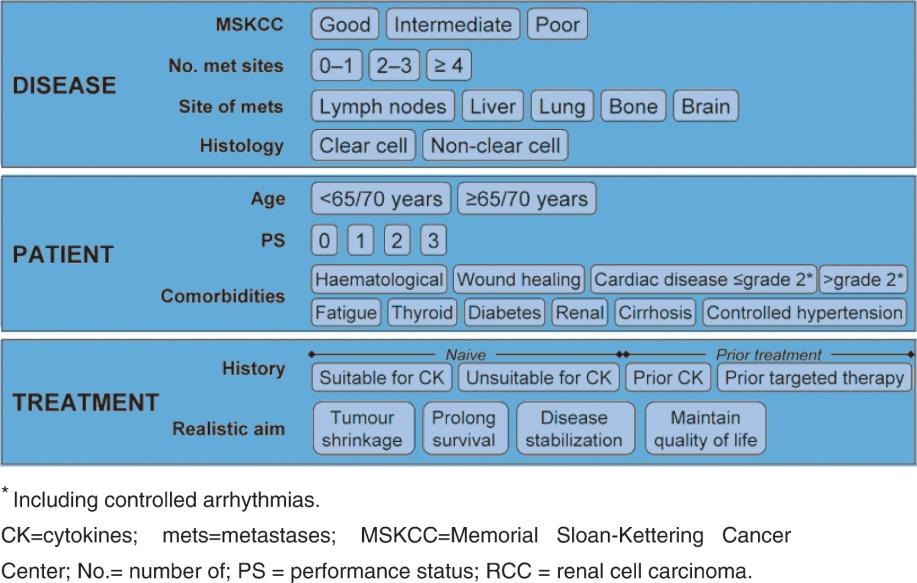
2 minute read
Chemotherapy and Targeted Therapies
extra-capsular lymph node invasion), since it improves loco-regional control rates. Data supporting the positive effect of combination treatment for elderly patients with advanced stages are scarce.
Results from retrospective studies addressing the role of concomitant chemoradiation for elderly patients with SCCHN show mixed results. Some, elderly and younger patients have similar survival and side effects rates from multi-modality treatment. Whereas in others, advanced age is associated with inferior outcomes. Controversy in the results of these studies largely reflects the diverse populations, as well as the bias related to the retrospective nature of the relevant data. In contrast to the group of studies which compare older to younger patients, a recent single institution retrospective study included a comparison between elderly patients with advanced disease, who receive single modality treatment, and those treated with multi-modality therapy. While elderly patients on multimodality therapy had similar survival to younger patients, elderly patients on single modality therapy had strikingly inferior outcomes. Although these results should be interpreted with caution and under the prism of the retrospective design, they indicate that there is a subgroup of elderly patients who benefit from aggressive therapy. Therefore, elderly patients should be offered multi-modality therapy, if they are otherwise medically fit to be treated aggressively. The effect of adding chemotherapy to loco-regional treatment was the subject of a meta-analysis (MACH-NC). A total number of 87 trials were included and data from approximately 16,500 patients were analysed. The addition of chemotherapy improved survival, however this was less clear with increasing age. An increased number of non-cancer related deaths with increasing age (15% at the age of 50 years, 39% at the age of more than 70 years) might account for no overall survival benefit being demonstrated in this age group.
Advertisement
In interpreting the data, we need to take into account that elderly patients are a heterogeneous group: at the end of the spectrum, frail patients will not benefit from aggressive approaches whereas at the other end, patients with favourable biologic age could be treated aggressively, despite their advanced chronologic age. In conclusion, existing evidence indicates that multi-modality therapy offers a survival benefit in appropriately selected elderly patients.
Chemotherapy
Chemotherapy represents the gold standard for recurrent and metastatic SCCHN. The benefit of chemotherapy for senior patients was reported in a landmark study combining data from two phase III trials (ECOG 1393 & ECOG 1395). Both studies used cisplatinbased regimens and showed similar overall survival and loco regional control rates, for both elderly and younger patients. Elderly patients had higher rates of nephrotoxicity, diarrhoea and thrombocytopenia. Toxicity-related death rates were higher for elderly patients than they were for younger patients. However, these differences were not statistically significant.





